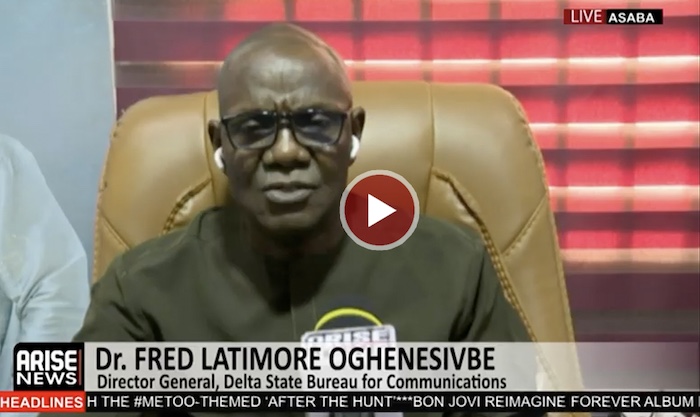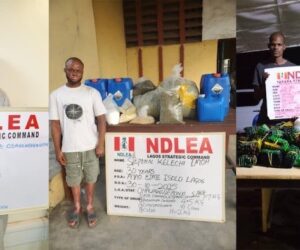The Delta State Government has defended its new policy proposal to subject students seeking admission into higher institutions to mandatory drug testing, stressing that the move is aimed at protecting young people and creating a drug-free society.
Director General, Delta State Bureau for Communications, Dr. Fred Latimore Oghenesivbe in an interview with ARISE NEWS on Saturday explained that the initiative is part of Governor Sheriff Oborevwori’s anti-drug campaign, stating the strategy was informed by alarming statistics from a recent “drug-free Delta” campaign across 38 secondary schools, which revealed that even junior students were already familiar with hard drugs.
“Students who test positive for drugs will not simply be sent home. They will be handed over to the NDLEA for counselling and rehabilitation,” Okanesewewe clarified. “While in rehabilitation camps, they will also undergo vocational training so that they return to society as responsible individuals.”
He emphasised that education remains open for those who wish to continue after rehabilitation. “For students who want to return to the classroom, they are free to do so. But for those who insist they do not want to, the government will not force them. Instead, we provide vocational training and starter packs to give them a meaningful path.”
On parental responsibility, Oghenesivbe argued that families must be proactive. “You see your child behaving wrongly, you don’t wait for government to intervene. Parents must play their part,” he said, blaming excess pocket money and weak supervision as enablers of drug abuse.
He also attributed rising drug use to social media and pop culture. “Social media is good, really. You know, it’s good in many ways, but it has also added to this problem of drug abuse like you rightly alluded.
“And also our star musicians, too. I think the Performing Musicians of Nigeria, P-Man and the Copyright Council, should try to step up a little bit to make sure that the kind of music that we push out to society are censored, Because if you put this kind of garbage to our people, they take it.”
While also stating that, Delta State will continue its phased campaign targeting secondary schools, universities, polytechnics, and colleges of education, in partnership with the NDLEA, to ensure prevention, rehabilitation, and long-term reintegration. “The next phase of this campaign now, we are targeting about 58 secondary schools, the universities and the colleges for education and polytechnics across the state. By the time we are doing that with the NDLEA as well, we will be able to come back to the drawing board also now to begin to look at all the, analyse all the data that we have and then improve on what we are doing until Delta eventually become drug-free.”
Oghenesivbe stressed that the state’s priority is to rescue young people from substance abuse before addressing education or vocational training. “I think the first step is to get them out of drug and that is what we are doing, The first part of it is that you must be, first of all, be out of drug, Then what follows, whether you are going to go back to the classroom or you are going to be learning a skill, that is the secondary part of it.”
Erizia Rubyjeana
Follow us on:








